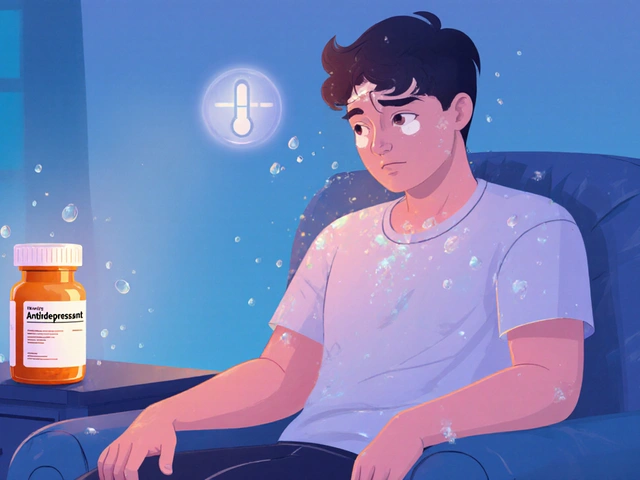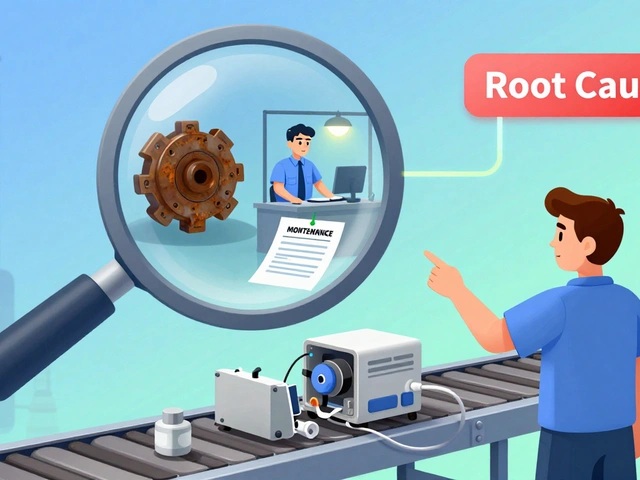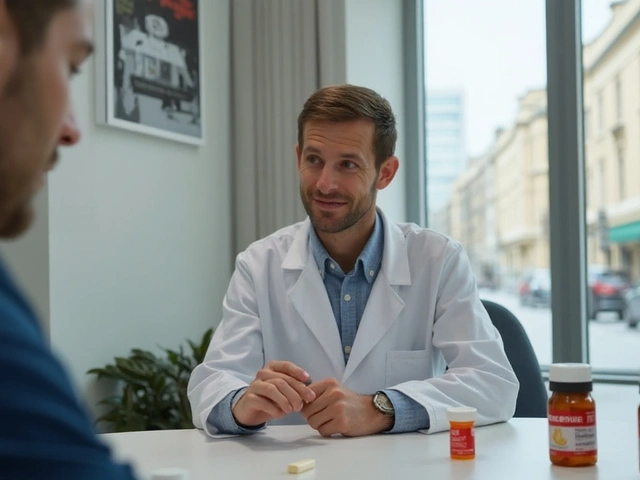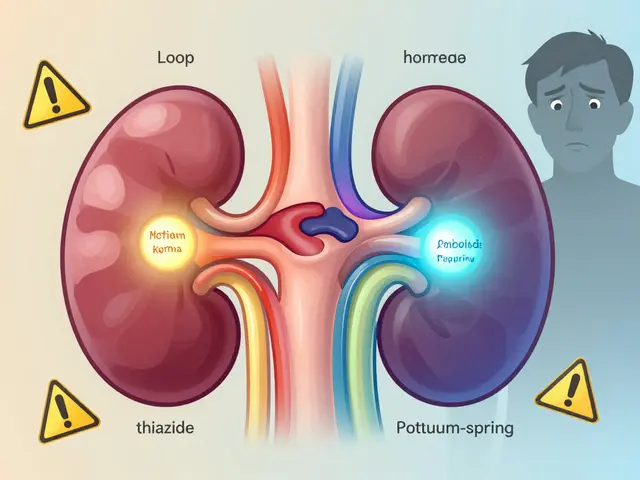Depression Treatment: Practical Options You Can Try
Depression can feel heavy and confusing. Finding a treatment that helps often takes time and small changes. This page gives clear, practical options you can talk about with your doctor right away. If you feel like hurting yourself or have urgent thoughts, contact emergency services or a crisis line now.
Medicines are a common start. SSRIs like sertraline and fluoxetine are often prescribed first. They can reduce symptoms but usually need four to eight weeks to show benefit. Other choices include SNRIs, bupropion, and older tricyclics for certain cases. Each drug has side effects and interactions, so ask your clinician about risks, dosing, and what to watch for. If one medicine does not help, a different one or a dose change can work better.
How medications work
Most antidepressants change brain chemicals that affect mood and motivation. They do not work instantly. Expect gradual changes in sleep, appetite, energy, and thinking. Keep taking pills as prescribed and report any sudden mood shifts.
Therapy is powerful and practical. Cognitive behavioral therapy (CBT) helps you change thinking and actions that keep depression going. Interpersonal therapy and behavioral activation focus on relationships and routines. Sessions can be weekly or biweekly. Ask about short courses and homework you can do between visits. Therapy plus medication often gives faster and longer relief than either alone.
For severe or treatment-resistant depression, other options exist. Electroconvulsive therapy (ECT) is still used and can be lifesaving for some people. Newer treatments like transcranial magnetic stimulation (TMS) and ketamine infusions may help when other approaches fail. Discuss benefits and risks with specialists experienced in these treatments.
Things you can do today
Small habits add up. Improve sleep by keeping a regular bedtime. Move your body a bit each day, even short walks help. Eat regular meals and limit alcohol, which can make depression worse. Set tiny goals each day to build momentum. Track your mood in a simple diary to spot patterns and triggers.
When to call your clinician. If side effects are severe, if suicidal thoughts start or get worse, or if medications seem to make things worse, contact your prescriber. Bring a list of all medicines and supplements you take. Ask if any drugs interact with your current treatment or travel plans.
Practical tips for appointments. Write two or three main problems to discuss. Ask how long to expect to wait for benefits and what to do if nothing changes. Request written plans about side effects and follow up timing. If cost or access is a worry, talk about generic options or local programs that help.
Finding the right mix takes patience and teamwork. Talk openly with your clinician, bring notes, and involve a trusted friend or family member if you want support. Keep trying until you get a plan that eases symptoms and fits your life.
 27 Jan
27 Jan
Top 7 Wellbutrin Sr Alternatives in 2025: A Comprehensive Guide
Explore the top 7 alternatives to Wellbutrin Sr in 2025, including Lexapro, Cymbalta, and Prozac. This guide provides an in-depth look at each option, highlighting their pros and cons to help you find the best treatment for depression and anxiety.
Read More...




